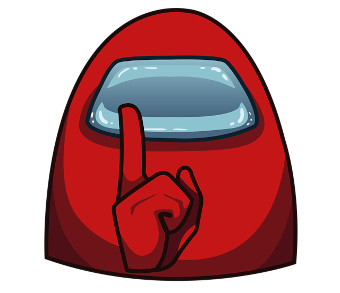
The layoff
In the fall of 2022, I decided to take a chance on a high-risk, high-reward startup venture. I felt I was shaking off the limitations of 2022. I had just completed a number of documentation milestones, and I was ready to take on some new challenges as a Content Strategist.
Unfortunately, they hired me too early. The first few months I set up content pipelines, version controls, and the initial look and feel for our SDK and API documentation. Then came the writing. I looked for content, but unfortunately everything was still in its infancy. Essentially, I was trying to document a moving target on a project that was still growing and adapting. Work slowed to a crawl. I felt like I wasn’t pulling my weight. Eventually, I had a difficult conversation with the founders. During a review, I felt I had to be honest.
I said flatly, “I’m just not bringing you the value you deserve.”
It wasn’t easy to do. I thoroughly enjoyed the product and working with the founders, but I realized I was taking up too many resources from such a young company. The team needed more developers, as there just wasn’t enough content to work on. If I stayed, I’d be a hindrance to the company. In the end, we agreed that the position wasn’t needed, but I had managed to keep a great reputation and future client for freelance work. Still, after leaving an excellent company to take a core role at this one, it was a tough pill to swallow.
After that initial rejection, a flurry of thoughts entered my mind at night. Did I get it all wrong? Am I that good at my job? How did I not realize this before I took the job? I felt dejected; impostor syndrome had its grips on my mind and wasn’t letting go.
Reflection
In the end, I’ve spent some time analyzing the situation, and I’ve learned the following things from my most recent layoff:
1. There is a difference between knowing your worth versus the value you bring
It’s a fact: we’re all good at something. My career in writing has crossed a variety of highly technical industries, working with products with goals or objectives that are hard to communicate. My previous company needed a content writer, but they needed someone who could program effectively more. I know I brought a lot of knowledge and ideas to the team, but that didn’t help speed up the growth of the product.
2. Take time to review your growth
Most technical writers or content creators I know don’t love their portfolio. The embedded perfectionist in my brain always criticizes my work from the past, and it can’t help but point out my failings, such as a sneaky typo or poorly structured sentence. These criticisms are usually removed from the context of that situation. Remember to include context when reviewing your work. Things like tight deadlines, unrealistic expectations, and poor publishing tools can obscure the reality behind your work. Also, it’s a great thing to feel like your old writing is outdated. It probably means that your writing style and composition has improved.
3. It’s all about fit
No matter what soft skills, talents, and attitude bring to a position, most successful roles come down to one thing: fit. It’s a hard but important truth. The title of technical writer can cover a wide spectrum of needs; a senior technical writer can cover an even wider range. Make sure you take the time to explore any new offer. A fit goes both ways, and it doesn’t do anyone good to be misaligned on expectations. Some excellent high-level questions to ask a recruiter or hiring manager are the following:
- What made you realize the need for this position?
- What does the daily routine of technical writer look like to you? What does the weekly routine look like?
- What is the current state of your documentation? What is the size of your documentation team?
- Who does the documentation team report to? Who is the primary stakeholder for your deliverables?
- What are the major pain points for your knowledge management system?
- Who are your primary personas? What deliverables do you expect?
- What are your expectations in 30/90/180 days?
- How do you define success in the position? What metrics will you use to measure this success?
Conclusion
Overall, remember that a layoff isn’t a reflection of your skills or abilities, but rather a confluence of forces outside your control. A company that doesn’t see it that way is probably not a good fit for many people. To all those who are experiencing layoffs, feel free to reach out if there’s anything I can do.